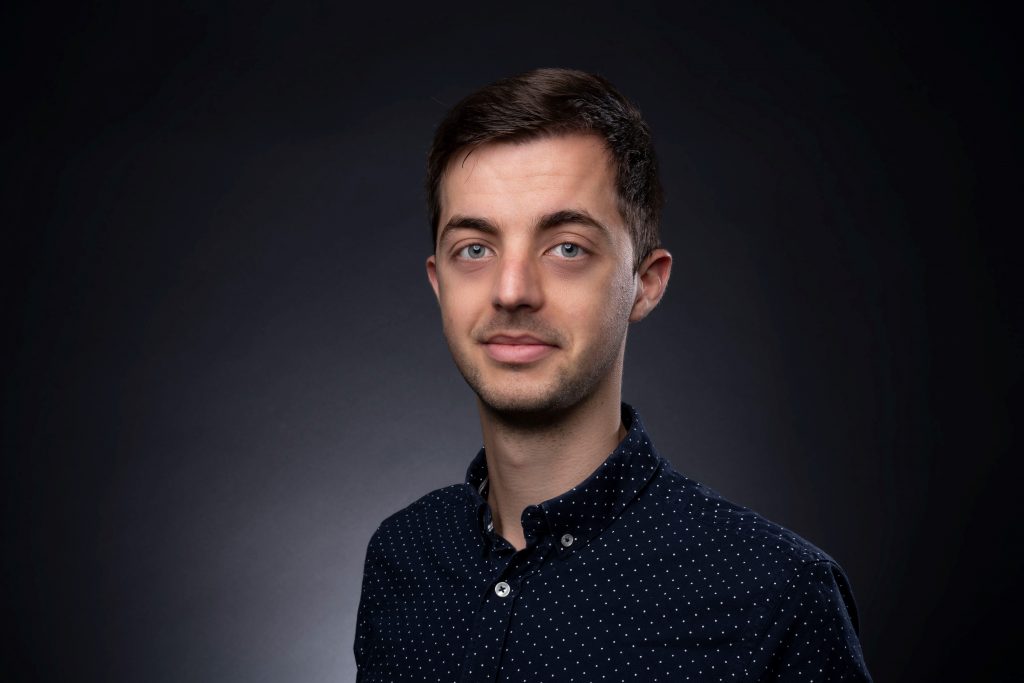Milan Tamis
- Amsterdam University of Applied Sciences (AUAS)
- +31 6 11 80 74 43
- m.r.tamis@hva.nl
- Work package 7: The Human Factor
- The psychology of locally shared sustainable technology


The aim of the research conducted in work package 7 is to study the social and behavioural aspects that arise with the development and implementation of sustainable energy and mobility technology. This concerns aspects such as the adoption of a technology and the personal preferences on the use of a technology. The research results from this work package can be used as input for the agent-based model in work package 10.
I will expect to be working most closely with Helena Schmidt, who studies the social acceptance of airborne wind energy, as well as the researchers from work package 10, to provide input on behavior for the integral model. Depending on the technologies chosen for the studies in my PhD, I might also collaborate with researchers from the technology-oriented work packages.